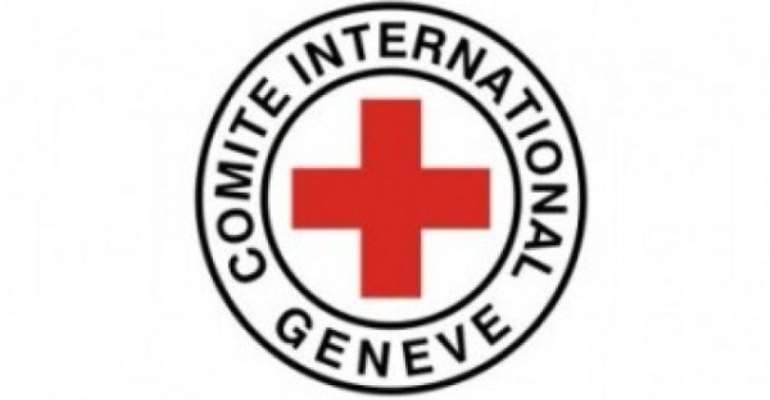South Sudan: National Red Cross Society formally recognized

GENEVA, Switzerland, June 24, 2013/African Press Organization (APO)/ -- The International Committee of the Red Cross (ICRC) formally recognized the South Sudan Red Cross Society on 18 June, making it the 189th National Red Cross or Red Crescent Society in the world and part of the International Red Cross and Red Crescent Movement. This comes almost exactly two years after South Sudan became an independent State.
"Recognition of the South Sudan Red Cross is a landmark for the Movement," said Philip Spoerri, director for international law and cooperation at the ICRC. "We are pleased to welcome this new National Society and are confident that it will carry out the mission of our Movement, which is to prevent and alleviate human suffering wherever it may be found."
Responsibility for recognizing new National Societies rests with the ICRC. The statutes of the Movement set out 10 conditions for recognition, which include the following: the National Society must be constituted on the territory of an independent State that is party to the First Geneva Convention of 1949, and must have an autonomous status under domestic law allowing it to abide by the Movement's Fundamental Principles at all times.
As a National Society, in accordance with the Movement's statutes, the South Sudan Red Cross carries out a wide range of humanitarian activities. Besides disaster management and health care, it provides information about the Fundamental Principles, the laws protecting the red cross and red crescent emblems, the protection those emblems provide, and international humanitarian law.
The International Red Cross and Red Crescent Movement is the largest humanitarian network in the world. It is composed of the ICRC, the International Federation of Red Cross and Red Crescent Societies and, as of today, 189 National Societies. Each component of the Movement has its own role and legal identity, but all are guided by the seven Fundamental Principles: humanity, impartiality, neutrality, independence, voluntary service, unity and universality.
